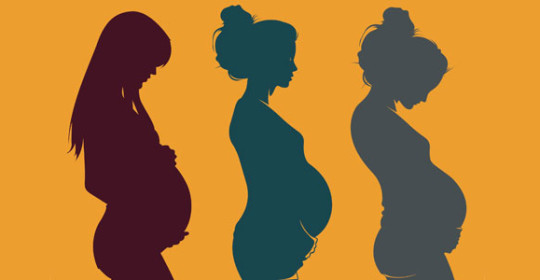
Surrogate Mothers
Surrogate Mothers (surrogacy) may be relatives, friends, or previous strangers. Many surrogacy arrangements are made through agencies that help match up intended parents with women who want to be surrogates for a fee. The agencies often help to manage the complex medical and legal aspects involved. Surrogacy arrangements can also be made independently. Careful screening is needed to assure their health as the gestational carrier incurs potential obstetrical risks. It is also advisable that the intended parents and the surrogate mothers have independent advocates to help them in the legal issues in surrogacy.
A potential surrogate mother must be in good overall health and be able to undergo a pregnancy with the minimum amount of risk to her own health. Some medical conditions will prevent a woman becoming a surrogate mother, for example, if there are any known medical problems which could lead to complications with the pregnancy, or put the woman at risk. Also those who are considerably overweight, are heavy smokers, drinkers or substance abusers are not suitable as surrogate mothers because of the associated risks both to the woman and the baby.
As the risks of illness and problems are much higher in the first pregnancy it is strongly recommended that surrogate mothers should have borne at least one child previously and preferably have completed her own family. This also means that the woman is able to give her “informed” consent to the arrangement, since a woman who has experienced pregnancy prior to the surrogacy arrangement has that knowledge on which to base her decision. Only in very exceptional cases should a woman who has not had a child herself consider becoming a surrogate mother. Because of the increased risk of chromosome abnormalities (eg. Down’s Syndrome) resulting from the eggs of an older woman, an upper age limit of 35 years is set for those donating eggs to other women. The same age should therefore apply to surrogate mothers whose own eggs are to be used, and because the risks of pregnancy increase with age, any woman over 35 should give careful consideration before deciding to become a surrogate mother.
Being a surrogate mother is an emotionally and physically demanding task. It is important that a woman considering this option has the backing of a partner, family or friends to provide emotional support and practical help throughout and after the pregnancy. Surrogacy is not something to enter into lightly. Careful consideration must be given to the medical, emotional, legal and practical issues, and to the implications of surrendering the child at birth. Thought must also be given to the effect on any existing children, the potential surrogate mother’s partner, family and friends.


